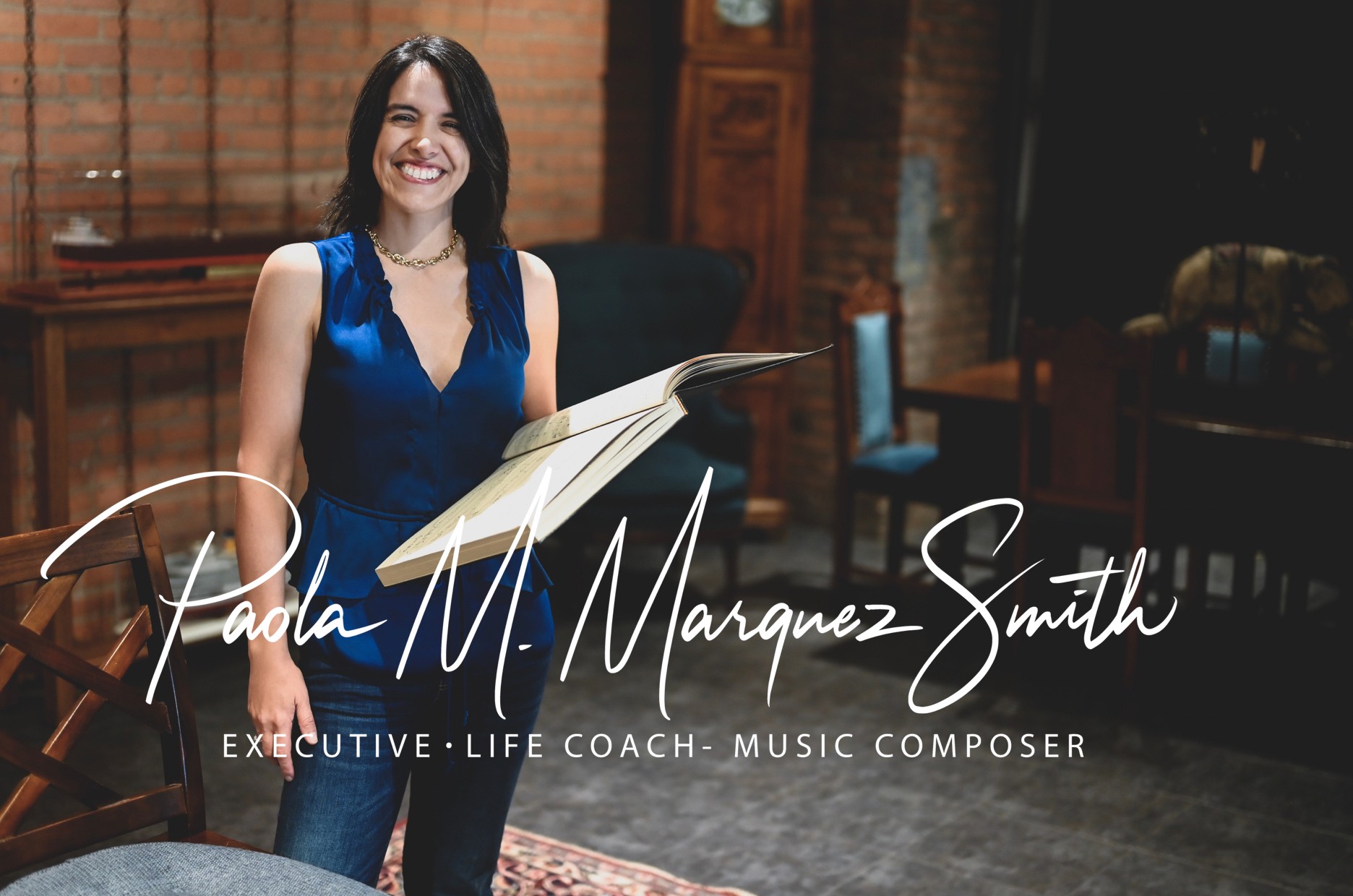We were lucky to catch up with Paola Marquez-smith recently and have shared our conversation below.
PAOLA, thanks for joining us, excited to have you contributing your stories and insights. Can you open up about a risk you’ve taken – what it was like taking that risk, why you took the risk and how it turned out?
Deciding to leave my home country and pursue music was the biggest risk I’ve ever taken. Back home, I had a comfortable life surrounded by my friends, family, and a familiar environment that meant the world to me. I also had a sense of stability, knowing what to expect each day and feeling secure in my community. However, something inside me yearned for more—a desire to follow my passion for music and see where it could take me.
The decision to leave wasn’t easy. I had to step away from the life I knew, the people I loved, and the safety of familiarity. Instead, I chose to move to a place full of possibilities but also full of unknowns. Would I succeed? Would I fit in? Could I handle the challenges of building a new life far from everything I had ever known? These questions were daunting, but my dream of studying music gave me courage.
When I arrived, the reality of the transition hit me hard. The awareness that I did not have a history, no family, no friends, no credit history, nothing was overwhelming, and I often questioned whether I had made the right choice. I had to adjust to a new culture, learn how to navigate life on my own and, find a way to continue trusting in a bigger purpose, and keep pursuing my passion for music.
Despite the challenges, I rediscovered resilience, grit, and bravery within myself. Eventually, I found communities that welcomed me, scholarships that supported me, and mentors who believed in my potential. Slowly but surely, I began to make my home in this new environment.
Today, I see this risk as one of the best decisions I have ever made. It has shaped me into a stronger, more independent, and determined person. It also allowed me to pursue music at a level I never imagined, opening doors I didn’t know existed. Taking this risk taught me that sometimes the biggest rewards come from stepping into the unknown with faith in your dreams. That is why I made my missions to help people find the courage to create their most authentic lives and to say the unspeakable through music.
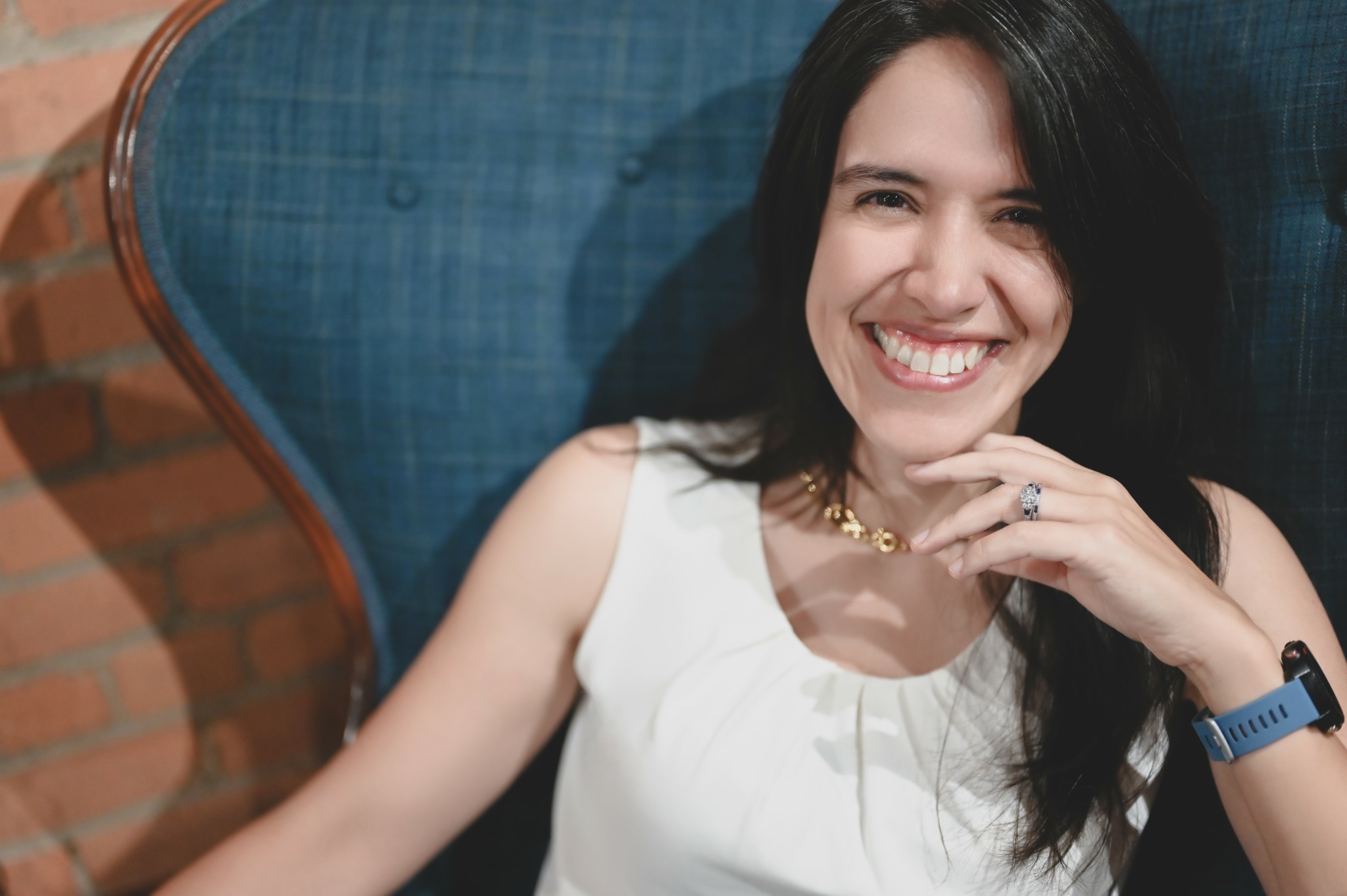
PAOLA, before we move on to more of these sorts of questions, can you take some time to bring our readers up to speed on you and what you do?
I’m a Latinx-Colombian composer, psychologist, and social worker who combines these disciplines to create art that bridges music, psychology, and social issues. My journey into music began as a personal passion, but it transformed into a lifelong mission to use music as a tool for storytelling, healing, and advocacy.
Throughout my career, I have been fortunate to work across three interconnected fields—composition, psychology, and social work. My artistic leanings deeply influence my style as a social worker and psychologist, while my understanding of human behavior and social systems inspires my music. This fusion of disciplines allows me to create works that are not only emotionally resonant but also socially relevant.
As a composer, I’ve written music for orchestras, choirs, chamber ensembles, films, and vocal projects. My work has been performed globally in cities across Colombia, Canada, Italy, Australia, and the U.S., and featured in collaborations with organizations like Detroit Children’s Choir, Tree House Ensemble, Society of New Music from 2009-2012, MUSE Cincinnati’s Women’s Choir, Lima Symphony Orchestra, the University of Michigan en Español concert series, and Boston Unitas Ensemble Orchestra at “Mujeres Concert” conducted by Lina Gonzalez, Piano Spheres, Mizzou New Music Initiative, AURA Contemporary Ensemble, and Jacobs Music, M. Steinert & Sons with the New Music of the Americas project. In addition, I was commissioned by Juilliard violinist Artur Kaganovkiev; the conductor of the Dearborn Symphony, Kypros Markou; Principal Bass of the Australian Brandenburg Orchestra, Robert Nairn; French filmmaker Boris Wexler for his movie Our Fathers and Piano Spheres.
My work draws on the power of lived experiences, especially as an immigrant, to convey universal emotions. For instance, the commission by Piano Spheres, founded by visionary pianists in Los Angeles, is dedicated to expanding the boundaries of piano repertoire, showcasing innovative works by contemporary composers, celebrating the transformative power of music, and providing a platform for artists whose voices resonate with the human experience.
With their commission, I have completed a series of études exploring the psychological states of immigrants—pieces that speak to the unspoken challenges of displacement, grief, and resilience and that will be performed in Los Angeles, California, on January 21, 2025, in an “Our Journey of an Immigrant,” a performance by renowned worldwide pianist Dr. Andrés Jaramillo, this year’s Leonard Stein Resident Artist. Dr. Jaramillo specializes in the performance of music by contemporary LatinX composers from Latin America and the U.S. Every composer featured in this program is or was an immigrant.
Beyond composition, I’ve had the honor of sitting on panels for esteemed organizations like Chorus America, the National Association of Latino Arts and Cultures, and the National Endowment for the Arts, contributing to meaningful conversations about the intersection of music and social impact. My published research in music cognition and my book, Mar Azul, reflect my dedication to exploring how art can deepen our understanding of the human experience.
In addition to composing, I’m also an executive-life coach and former vice-chair for Intempo Music in Connecticut, roles that allow me to mentor and inspire others to pursue their authentic paths. My other passion is to advocate for music education. I currently serve as the assistant director at Michigan State University Community Music School-Detroit, where I develop programs to expand access to music education in urban communities.
My commitment to making music accessible, meaningful, and transformative. Whether it’s composing pieces that highlight social issues, coaching individuals to realize their dreams, or creating programs to promote music education, my focus is always on connecting with others and helping them find their voice.
I’m most proud of the resilience and determination that have shaped my journey—from leaving my home country to building a life centered on music and purpose. My mission is to help others find the courage to create their most authentic lives and to use music as a powerful tool for storytelling and connection.
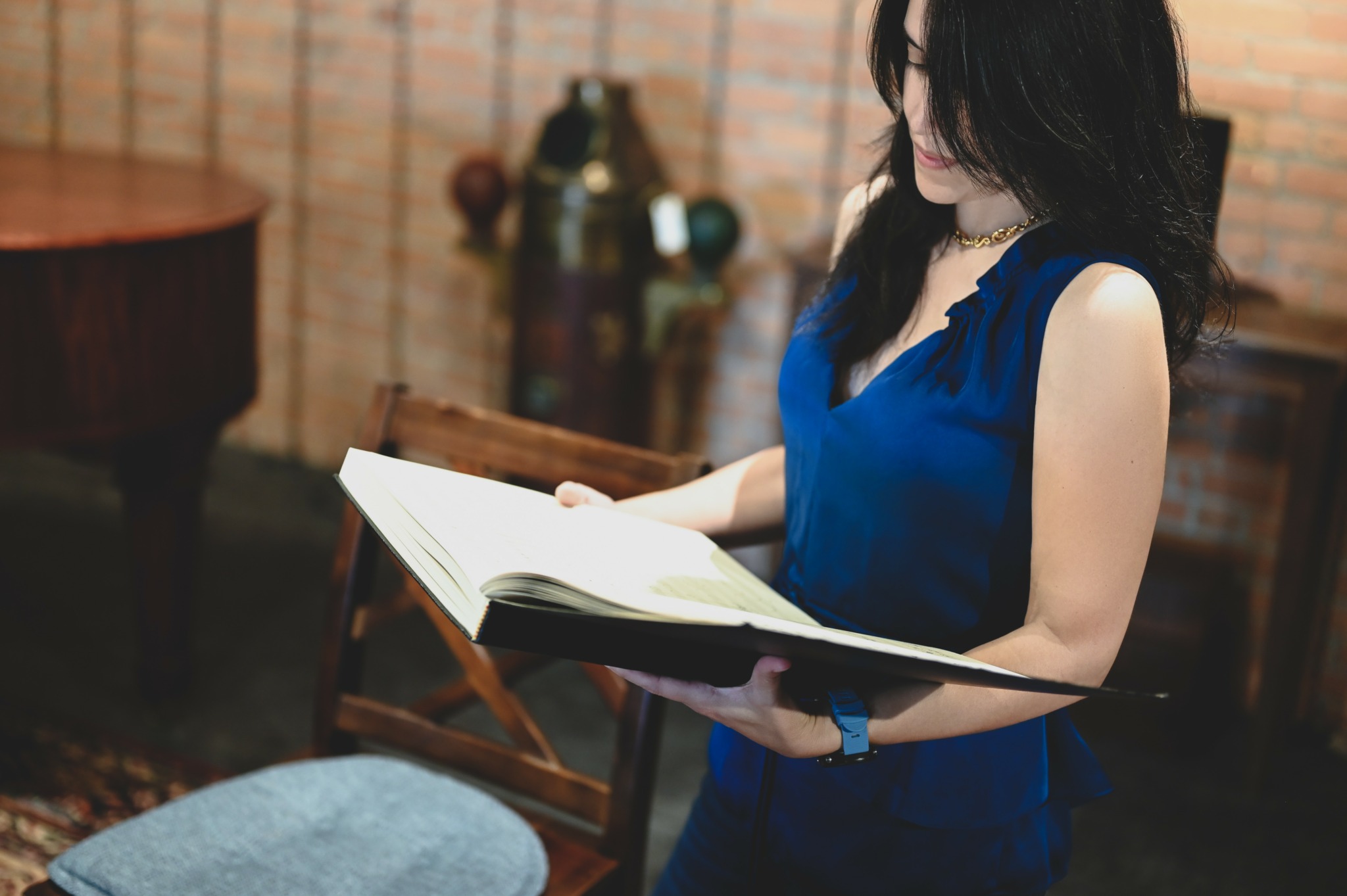
What do you find most rewarding about being a creative?
For me, the most rewarding aspect of being an artist is the ability to connect deeply with others and give voice to emotions, stories, and experiences that might otherwise go unheard. As a composer, I have the privilege of translating complex human emotions and social issues into music that resonates on a universal level. It’s incredibly fulfilling to see how my work can touch someone’s heart, spark a conversation, or even inspire change.
Additionally, being an artist allows me to bridge my passions for psychology, social work, and music, creating pieces that not only express beauty but also carry meaning and purpose. Whether it’s composing a piece that captures the resilience of immigrants or mentoring others through my role as an executive life coach, I find immense joy in knowing that my art helps people feel seen, understood, and empowered.
The moments when I witness an audience moved by a performance or when a student or mentee shares how my guidance impacted their journey are truly the most rewarding. These connections remind me why I chose this path and reaffirm my belief in the transformative power of art.
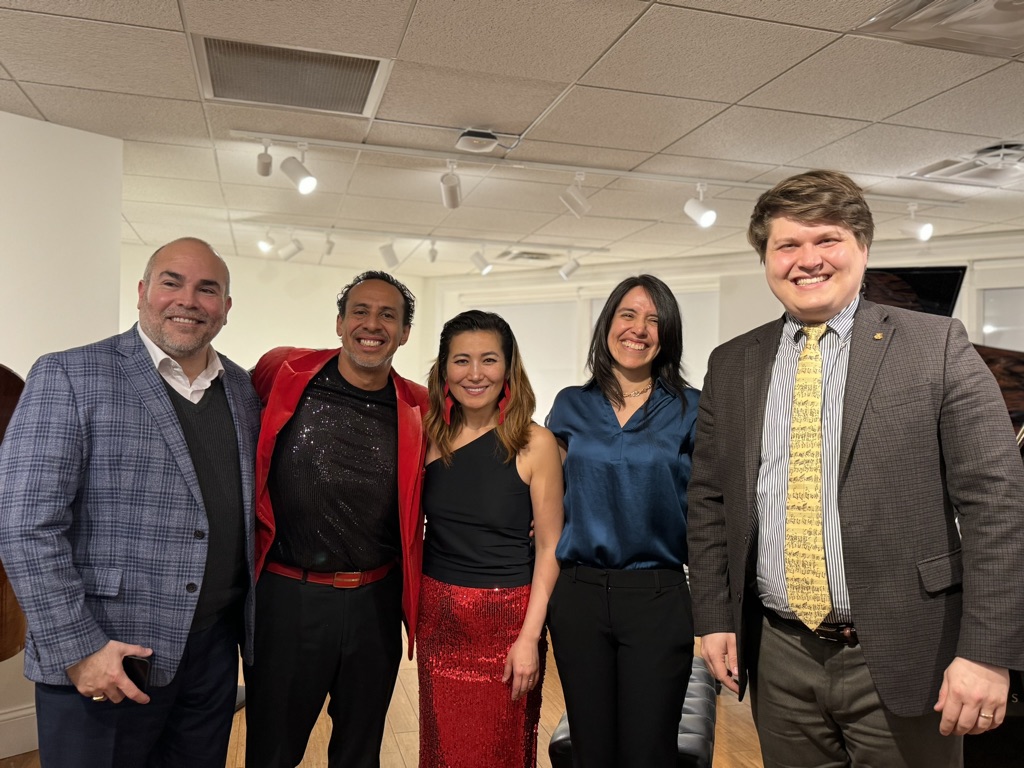
What can society do to ensure an environment that’s helpful to artists and creatives?
Supporting artists and fostering a thriving creative ecosystem requires recognizing that the arts are not just luxuries—they are essential to our humanity. Imagine a world without music or art; it would be a world devoid of the vibrancy, connection, and emotion that make life meaningful. Artists dedicate their lives to their craft, committing to a journey of creativity, vulnerability, and expression that enriches society as a whole.
To truly support artists, society can start by valuing art and creativity as integral to education, community, and culture. This means funding arts programs in schools, ensuring that children grow up with access to creative outlets and the opportunity to explore their talents. It also means providing grants, fellowships, and residencies for emerging and established artists, so they can focus on their craft without being overwhelmed by financial burdens.
Equally important is creating spaces where artists can share their work—concert halls, galleries, community centers, and public spaces. These venues foster dialogue between artists and audiences, allowing art to reach people from all walks of life.
Finally, supporting a thriving creative ecosystem means fostering a culture that values and respects the artist’s journey. This includes fair pay, healthcare, and opportunities for professional development, ensuring that artists can sustain their lifelong dedication to their craft.
By investing in and valuing the arts, society not only supports its creators but also enriches the collective human experience. Music and art breathe life into our world, and nurturing them ensures that future generations can continue to imagine, create, and connect.
Contact Info:
- Website: https://www.pmarquezmusic.com/
- Facebook: https://www.facebook.com/paolammg/
- Linkedin: https://www.linkedin.com/in/paola-m-marquez-smith-19105350/
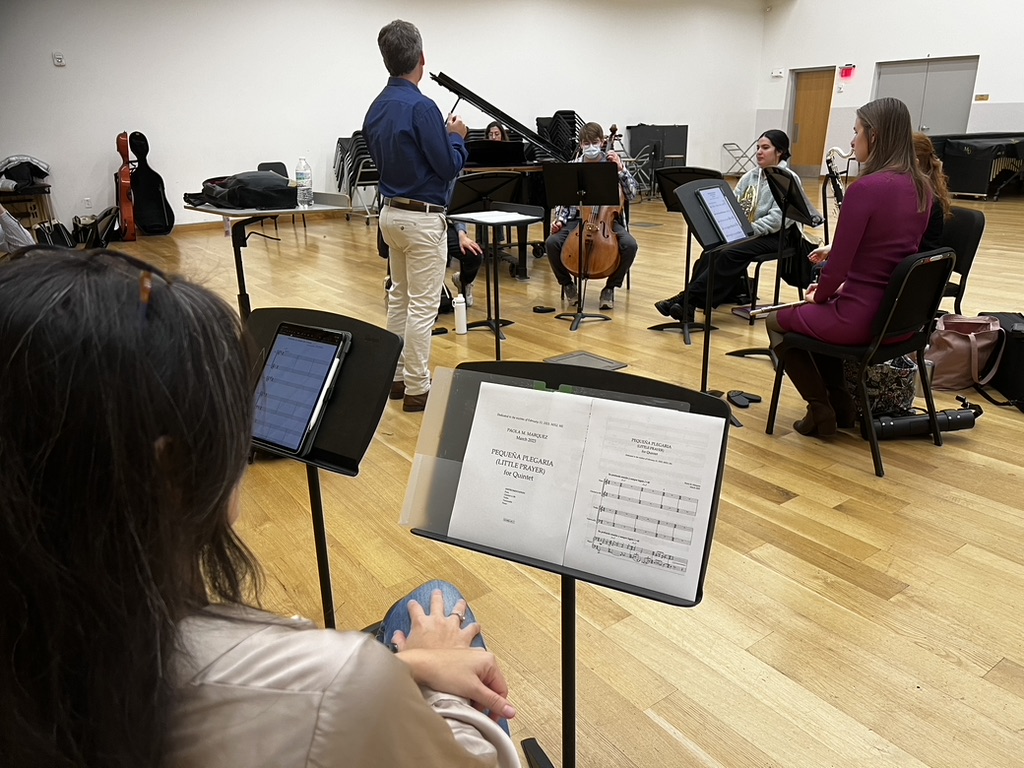

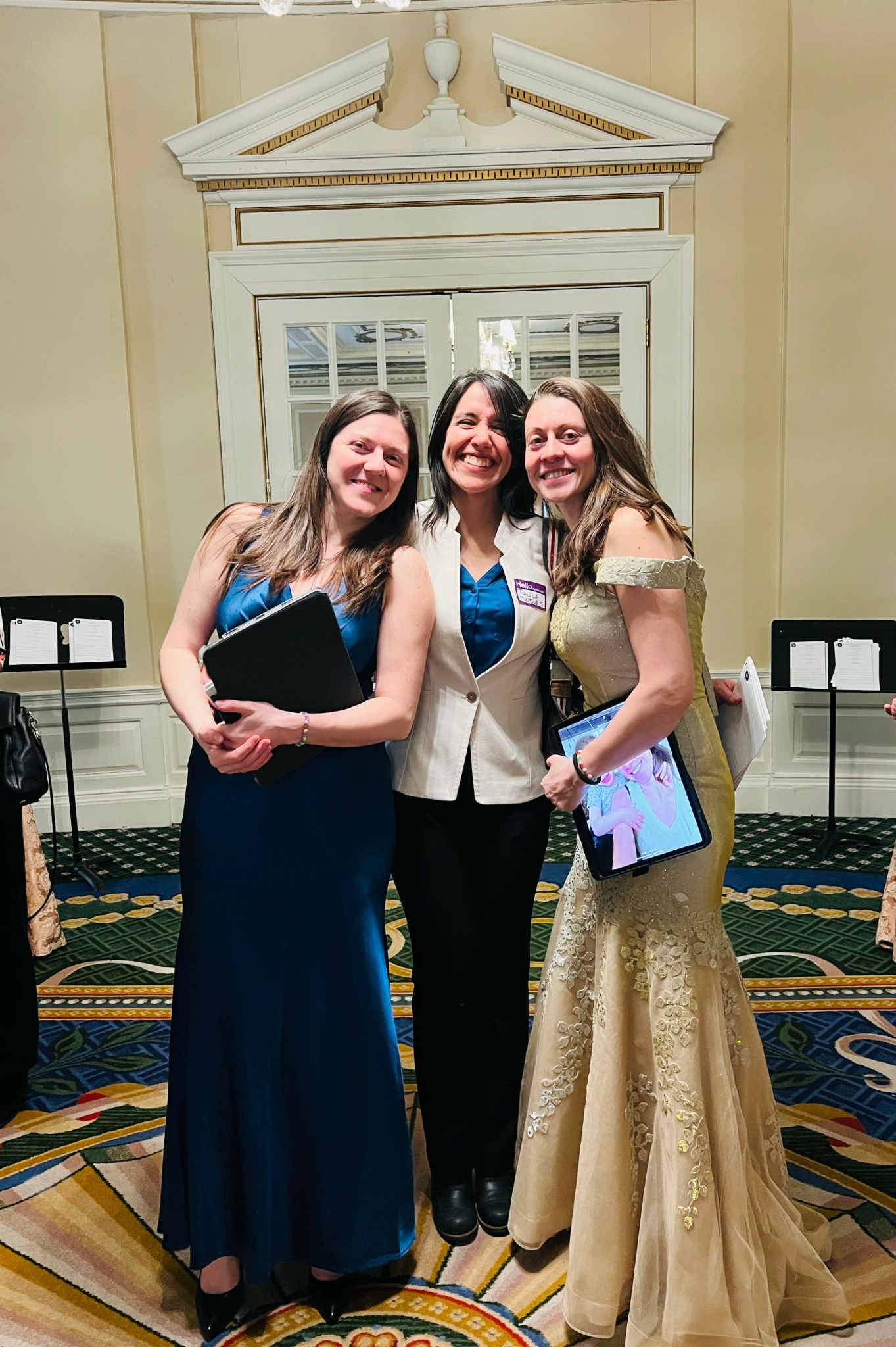
Image Credits
Photographer: Bryana Willams (Cover photo and profiles photos)


